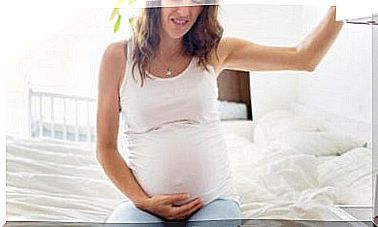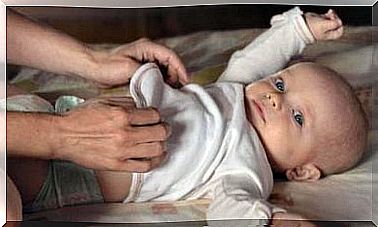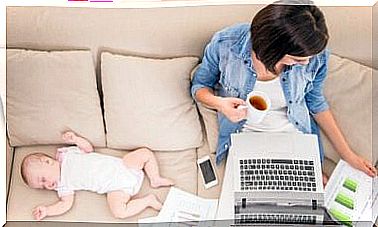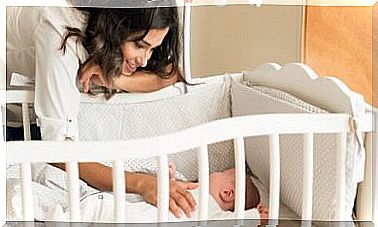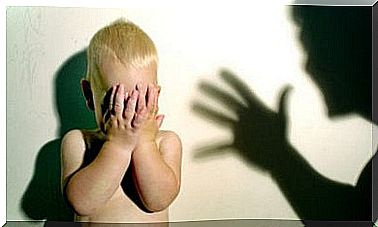Encopresis In Children
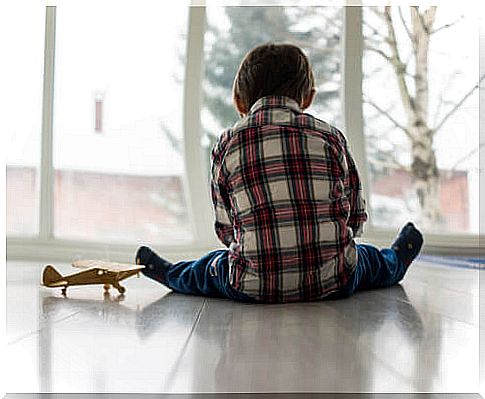
Many parents have not heard of it and do not know that it is quite common in childhood.
What is encopresis?
Encopresis is basically fecal incontinence. This disorder occurs when a child who is already potty trained loses control of their stools.
Children simply lose the ability to control where and when they should.
Why is it difficult to detect?
Encopresis can be confused with a bad habit or misbehavior. The family may think that the child’s problem is a way of rebelling, especially if the child has behavioral problems or often challenges their parents.
If the child is playing and does not have time to go to the toilet, the family may think it is happening because the child is trying to stay too long.
If not treated in time, encopresis can trigger mental disorders with lasting effects.
How do you know when your child has encopresis
Parents can know when their child is suffering from encopresis when these episodes occur multiple times in a single week.
What are the causes of Encopresis?
Encopresis can have many different causes, but two of the most common are constipation and diarrhea.
Constipation
Constipation is one of the biggest problems that can lead to encopresis in children.
When a child is constipated, it means that they have a large mass of hard stools in their gut, making it difficult for them to go to the toilet.
Despite this, the digestive system continues to work and fluid or soft stools can leak around the trapped stool.
Diarrhea
On the other hand, children may also suffer from fecal incontinence if they have diarrhea. Since they are not able to control their bowel movements, they can defecate without noticing it.
What to do if your child has encopresis
The first step is to take your child to the doctor. Children suffering from encopresis or fecal incontinence should go for a complete medical check up.
This should allow your doctor to rule out other pathologies, such as neurological or spinal cord disorders.
Your doctor will also be able to tell you if encopresis is caused by constipation or diarrhea.
Another factor that the doctor may assess is emotional issues. If this is the cause, your child should see a psychologist or psychiatrist.
What are the other effects?
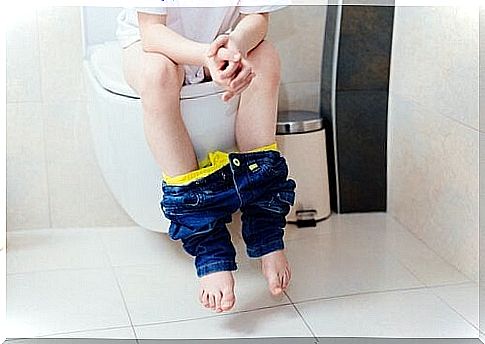
Fecal incontinence in childhood can affect how children socialize. Children who have difficulty controlling their bowel movements often avoid playing with others.
They are afraid of having an accident in front of their friends. They may blame themselves and be ashamed of their own body.
When not treated properly, this problem can lead to chronic constipation, bladder infections, stomach problems and loss of appetite.
Can encopresis go away on its own?
It is important to talk to your child. Help them establish a routine for going to the toilet and accept that this is something normal and should not be the cause of anxiety. Encopresis can go away on its own.
Also, if stool incontinence is due to constipation or diarrhea, the problem can often go away once the underlying disease has been cured.
What else can I do to help?
Children suffering from encopresis need support from their family.
It is important to teach your child to go to the toilet: when and how to go to the potty. Just getting them to sit on the toilet a few times a day can help.
Talk to them about the problem, even if it’s an embarrassing topic. You are not helping by washing their dirty clothes in secret or showing that no one has noticed the problem.
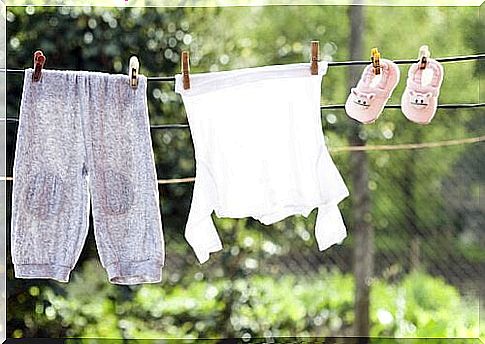
Never shame or humiliate children for their misfortunes. Humiliation will just make things be. This is a problem that is easy to deal with in childhood. It does not have to cause lifelong trauma.
In the same way, punishment or criticism can get in the way of the physical or psychological treatment that the child receives.
A negative reaction will make your child less likely to come to you or other family members to share their concerns and feelings.
If your child suffers from encopresis, be sure to praise them when they do it in the toilet and not in their underwear. Remember, it is not easy for them.
